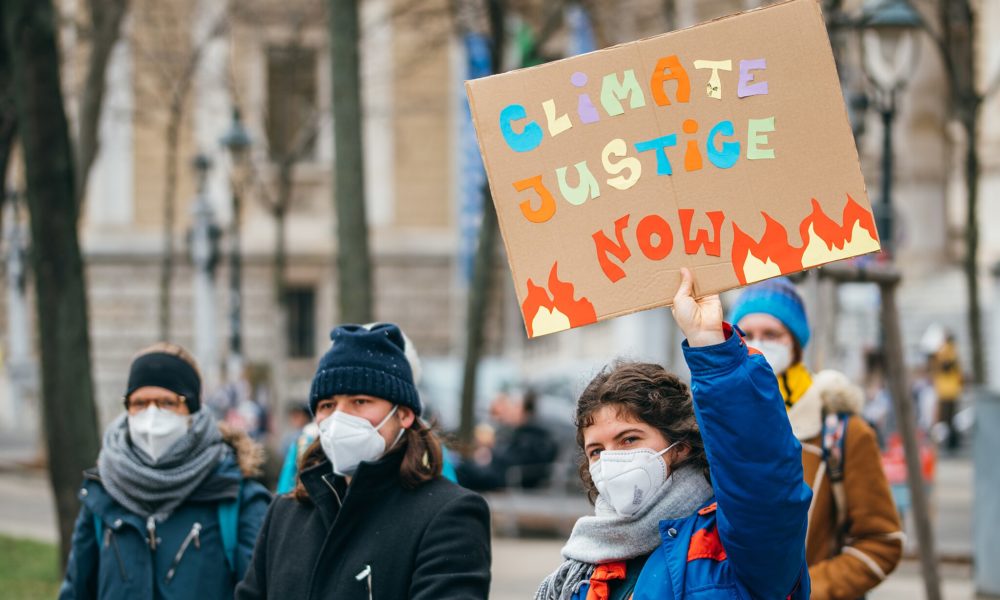
Climate Protection Confirmed as a Human Right: A Landmark Ruling for the Planet
Legal Victory for People and the Planet
For the first time in history, the fight against climate change has been recognized as a fundamental human right. This landmark affirmation empowers citizens, reinforces international responsibility, and signals a new era in which protecting our planet is not just a choice – it’s a legal obligation.
In a groundbreaking move, the world’s highest court, the International Court of Justice (ICJ) in The Hague, affirmed on July 23, 2025 that climate protection is a human right under international law. The ICJ declared that states are legally obliged to combat climate change. This obligation goes beyond political intent and requires binding measures, including adherence to the 1.5°C warming limit.
The Court emphasized that failure to limit greenhouse gas emissions could constitute an “internationally wrongful act,” potentially triggering legal responsibility and reparations. It affirmed that a “clean, healthy and sustainable environment” is an essential human right. It also stated that nations must exercise due diligence, including regarding emissions by private actors.
This opinion complements an earlier European Court of Human Rights (ECtHR) decision. In April 2024, the Court ruled in favor of the Seniors for Climate Protection Switzerland in the case Verein KlimaSeniorinnen Schweiz v. Switzerland (known as the “KlimaSeniorinnen case”). It found that Switzerland had violated human rights under Article 8 of the European Convention on Human Rights. The country had failed to implement sufficient climate measures – specifically, by not calculating a national CO₂ (carbon) budget.
While the ECtHR didn’t prescribe exact policy actions, it required Switzerland to realign its climate policy to effectively protect vulnerable citizens, and to quantify its national emissions limitations. However, Switzerland has yet to comply fully with that core request. It has not yet calculated a binding national CO₂ budget and instead rejects the climate ruling.
Legal Momentum for Climate Action
Nevertheless, this dual legal recognition, by the ICJ on the global stage and the ECtHR within Europe, amplifies the urgency and legitimacy of climate action. It establishes a binding human rights framework in which states must actively reduce emissions and protect citizens from environmental harm.
The ICJ’s ruling significantly reinforces expectations of compliance, not just for Switzerland, but for all European states. It transforms previously aspirational climate goals into legal obligations.
Civil society now has a stronger foundation to demand that governments calculate and adopt national carbon budgets, align policies with the 1.5°C limit, and prioritize protecting the climate rights of vulnerable populations.
A Legal Turning Point for a Livable Future
In binding international law to climate action, both courts have delivered powerful, complementary signals: the era of viewing climate protection as optional is over. States must act – or face the consequences.
This legal clarity empowers communities, strengthens international accountability, and ultimately helps secure a safer, fairer world for current and future generations.

